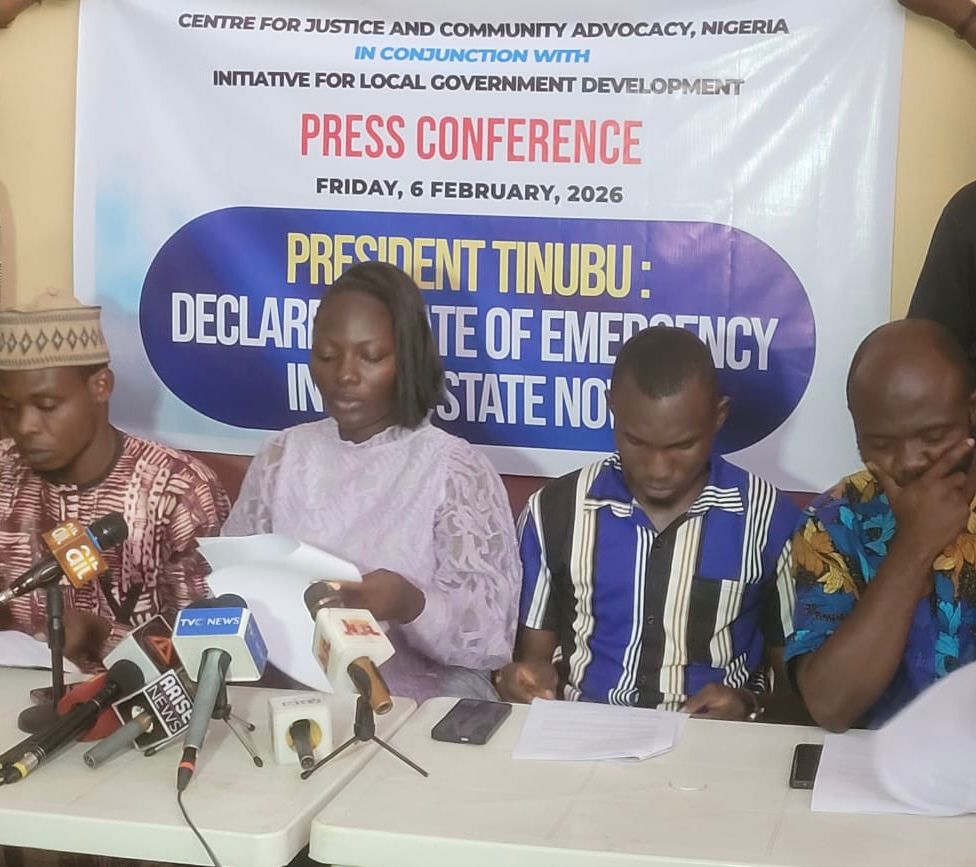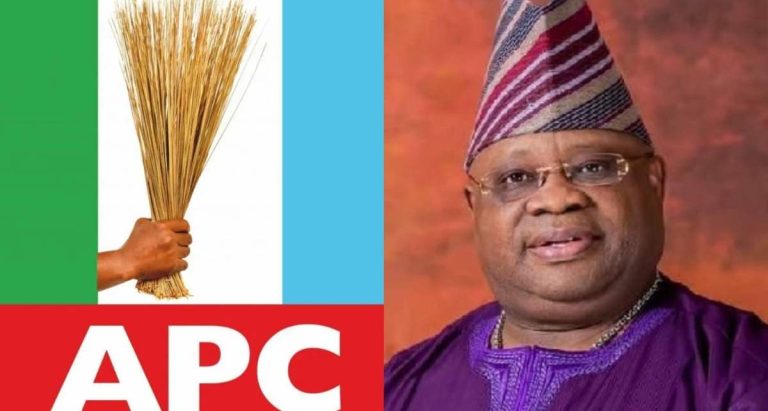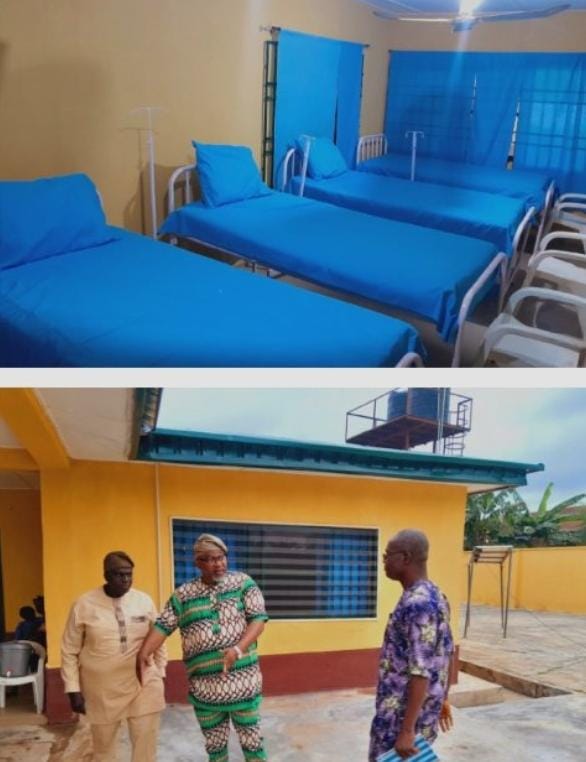How project will expand climate change reporting in Nigeria, Ghana —Akintunde Babatunde
[ad_1]
Akintunde Babatunde rose through the ranks and was recently promoted and appointed Programmes Manager at the Centre for Journalism Innovation and Development (CJID). In this interview with IFEDAYO OGUNYEMI, he speaks about his passion for environmental journalism and his belief in the use of the power of the media to cause developmental changes.
In the past few years, you have been at the forefront of environmental and climate journalism. What inspired this move for you personally?
It has not always just been climate change for me. I’m just the guy who likes to use the power of the media to advance development. So climate change happens to be one of those developmental issues that I’m currently interested in. So, over the years, I have led platforms that track fake news, track how the government spends funds meant for constituency projects and capital budgets in rural communities. Over the years, I have tracked revenue from the extractive sector through the Natural Resource and Extractives Programme (NAREP). It’s been from one issue to the other, and currently, it’s about how do we use the power of the media to advance human rights and how do we also use the power of the media to promote public awareness about climate change. That’s because it is one of the biggest threats that is facing humanity today. And I believe in the power of the media to help, not just calling the attention of leaders to the issues at hand, but also to let people know why certain things are worth it. And I believe the power and the role of the media cannot be overemphasised.
Would you say the country is far off right now with the level of awareness that has happened in the environment/climate sector?
I think the reality of environmental disaster has been what we have been more aware of just because we don’t have an option. When flooding happens, it affects everybody. So, people will resonate well with flooding, environmental disaster, and not exactly with climate change. But that’s why we are currently piloting a climate change reporting programme in Nigeria and Ghana to help newsrooms establish climate change desks and provide institutional support to those who already have, so that we can have more climate change reports spread unlike what we used to have where climate change is only reported in the online platforms. But now, we have journalists from radio stations, TV stations, online, print or traditional platforms who will now engage different topics surrounding climate change.
So far so good, how would you describe your exploits and that of other actors in that sector?
For me, when I see people that have come out of the works that I have had the privilege to lead in terms of storytelling, investigative reporting, data reporting, win awards, travel for fellowships, make impact in anything they are involved in, that’s the deal. Until we all win, I don’t believe everyone has won.
You’re a mentor and role model to a lot of young people. Was this what you set out to do from the get-go?
I think what many tag as mentoring is pretty much maybe just looking at what I do, and then modelling their own life after that. It’s just my own way of paying it forward because as someone who grew up in a place like Premium Times, I was privileged to see people give me wings to fly. People like Hassan Adebayo, Joshua Olufemi, Dapo Olorunyomi. I think it’s just normal for me to give back.
And because I can’t reach everyone to tell them to do this or that, I resorted to using my social media platforms to tell stories of processes that have worked for me as a person hoping that they (the processes) resonate with young people and that they will be able to scale.
You have actually worked with young Nigerians in Europe, Africa, America etc. How would you describe the grit of the Nigerian youths considering they were once described as lazy?
I never subscribed to the idea that young people in Nigeria are lazy and evidence has shown over time that given the right opportunity and right platform to thrive, young people in Nigeria can cause disruption. What they lack is the opportunity to showcase what they have. As I mentioned, if people didn’t give me the opportunity to fly when I started out, someone will see me and describe me as lazy. There is enough evidence to show young Nigerians thriving when presented with opportunities and the right platform to do what they want to do. They thrive and become leaders in their own spaces and sectors. I do not believe they are lazy.
As a young man of many faces, what keeps you going?
I think what keeps me going would be the fact that there’s always something else to achieve because we are all a work in progress.
READ ALSO FROM NIGERIAN TRIBUNE
[ad_2]














Post Comment